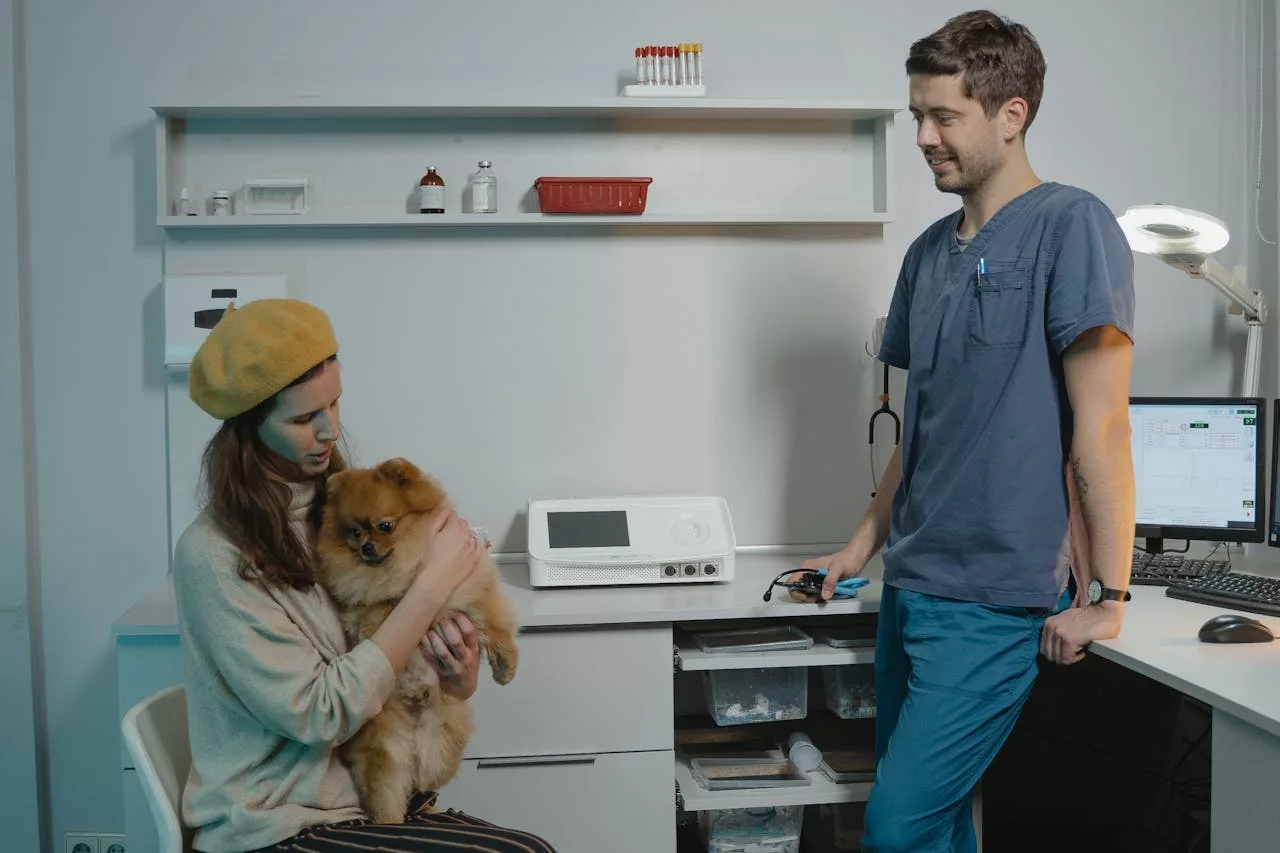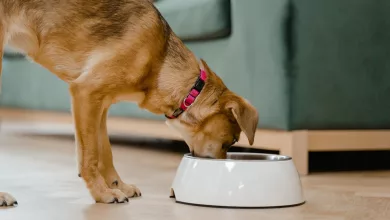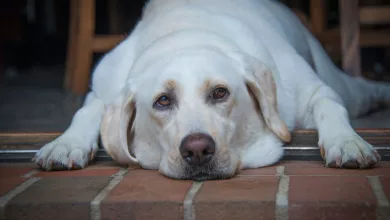As pet owners, we all want our furry friends to be happy and healthy. But unlike humans, pets can’t tell us when something is wrong. That’s why it’s essential to recognize the warning signs that may indicate your pet needs immediate medical attention. Ignoring these signs can lead to serious health issues, and in some cases, can even be life-threatening.
Here are 5 critical signs that mean your pet needs to see a veterinarian right away:
1. Sudden Changes in Eating or Drinking Habits
While occasional appetite changes can be normal, a sudden loss of appetite lasting more than 24 hours is a red flag, especially if your pet is usually a good eater. Similarly, excessive drinking or urination can signal underlying conditions like diabetes, kidney disease, or urinary tract infections. Any drastic change in eating or drinking habits warrants a vet visit.
What to watch for:
- Refusal to eat or drink
- Drinking much more or less than usual
- Vomiting or diarrhea after eating
2. Difficulty Breathing
Labored breathing, persistent coughing, wheezing, or choking sounds are medical emergencies. Difficulty breathing can be caused by heart issues, lung problems, allergic reactions, or even airway obstructions.
Seek immediate veterinary attention if you notice:
- Open-mouth breathing (especially in cats)
- Blue-tinged gums or tongue
- Noisy or rapid breathing
3. Lethargy or Collapse
While pets do have lazy days, extreme tiredness, weakness, or sudden collapse are not normal. Lethargy can be a symptom of infections, heart disease, internal bleeding, or poisoning. If your pet can’t stand up, seems disoriented, or is unresponsive, it’s time to head to the vet immediately.
Signs of severe lethargy include:
- Unusual hiding or lack of interest in activities
- Difficulty standing or walking
- Unresponsive to commands or stimuli
4. Uncontrolled Bleeding or Visible Wounds
Any bleeding that doesn’t stop within a few minutes, deep wounds, or signs of trauma (like after an accident) should be treated as an emergency. Even if there are no visible injuries, internal bleeding can be life-threatening.
Emergency signs include:
- Bleeding from the nose, mouth, rectum, or coughing up blood
- Swollen, tender, or bruised areas
- Pale gums or rapid heart rate
5. Persistent Vomiting or Diarrhea
While occasional vomiting or diarrhea might be due to minor stomach upset, persistent symptoms can indicate serious problems like poisoning, infections, pancreatitis, or gastrointestinal blockages. Dehydration from continuous vomiting or diarrhea can quickly become life-threatening, especially in young or elderly pets.
When to seek help:
- Vomiting or diarrhea lasting more than 24 hours
- Blood in vomit or stool
- Signs of dehydration (sunken eyes, dry gums, skin tenting)
Final Thoughts
Your pet’s health can deteriorate rapidly without proper medical care. Trust your instincts—if something feels wrong, it’s better to be safe than sorry. A quick visit to the vet can make the difference between life and death in critical situations.
Pro tip: Always keep the contact information for your local emergency vet clinic handy, especially for after-hours emergencies.
Being proactive about your pet’s health not only saves lives but also provides peace of mind. Stay informed, stay prepared, and always listen to your gut when it comes to your pet’s well-being.




